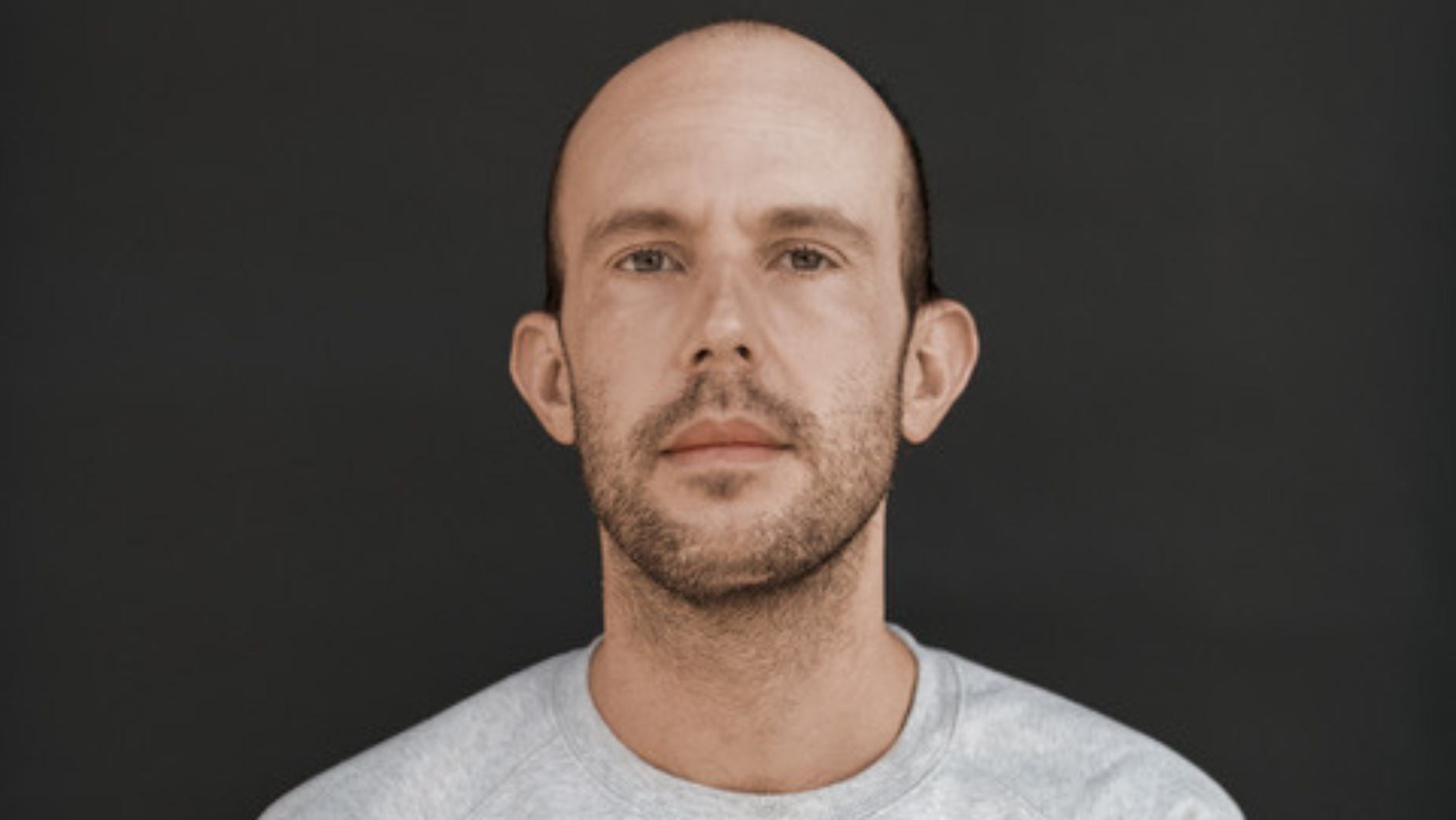
Westside Studio Welcomes Director Julian King for Canadian Representation

Julian King is the latest addition to the roster at Toronto-based production company, Westside Studio. Cinematographer turned director, Julian’s versatility is highlighted in his reel, featuring work for the likes of Toyota, Under Armour and Cadillac – a testament to his ability and excitement to work across genres.
Julian attributes his approach to directing to his creative upbringing, and his peers who encouraged his early experimentation behind the camera lens. Now fluent in the “shared language” of filmmaking, Julian’s style is informed by all aspects of the filmmaking process, from performance and editing to cinematography.
Widely recognised within the automotive space, Julian’s directorial career took off following the release of short film ‘The Real Thing’ in 2012. It positioned him as a director with an understanding of how to use cars to tell stories, whether it’s by focusing on their intricate mechanics, or on life’s moments that happen inside of them.
Now joining the roster at Westside Studio, Julian sits down with LBB’s Abi Lightfoot to unpack more about his background and his excitement about working in the Canadian market…
LBB> Thanks for chatting with me, Julian! Firstly, you started out as a cinematographer, tell me about how this informed your directorial style and process?
Julian> My father is a sculptor – and instilled an ethos to be hands on with everything. So picking up a camera and exploring my eye and how I make images was a natural thing for me. Which led to friends asking me to shoot stuff for them – all great experiences that informed how I get into dialogue with cinematographers, for sure. There’s a shared language that develops. But I’ve always been interested in every step of the filmmaking process, and how each job contributes to the whole. Editorial, performance, blocking, emotion, colour, cinematography. Being a director is a generalist’s job, I think. There are so many disciplines to wrap your head around – to alchemize into a singular point of view. But it helps to have a way in.
LBB> Your directorial career took off after the release of ‘The Real Thing’ in 2012, how did this change your career trajectory?
Julian> That short film, which was about the making of a unique 1969 mustang with a very rare engine, led to directing a spot about the making of the 2014 mustang. Which made sense at the time! You get noticed early on for one way of working, and then the more you do and show, you can open up new genres and new creative. I still have a lot of appreciation for ‘The Real Thing’ – especially Cassidy Gearhart’s edit on that film, which really blew me away at the time.
LBB> Since then, you’ve worked with a number of car brands including Cadillac, Lincoln, Ford and Toyota, what do you find most appealing about crafting work within the automotive space?
Julian> I’ve always liked how much is possible to explore through a car. A car is a place where a lot of life and feeling happens, but it’s also this sculptural object that can rip across a track at 130 mph, or push through a city in a downpour. And it’s also this complex machine that gets made by lots of people. My obsession with creative process – which probably started from watching my father make sculptures as a kid – really gets set loose on work that explores the making of a car. One of my spots for Cadillac, ‘First Flight’, launched their blackwing engine – and stands out to me as a film about the creation of that engine through an expressionistic, poetic lens.
LBB> How would you describe your directing style and approach? Are there any examples of your work that best showcase it?
Julian> I think I'm highly collaborative and open-minded – which speaks to my ability to work on wildly different pieces of creative. From a film about an engine that’s just metal and gears and fire and landscapes to something like Under Armour ‘Real Tough’, which explores the resilience of elite athletes through a more emotional and embodied lens, to ‘The Call’ for Cosmopolitan Hotel of Las Vegas, a surreal, Lynchian spot filled with match cuts. I trust my point of view, and I’m always willing to mould my approach to bring the attitude and spirit of a campaign forward in the most potent way I can.
LBB> What made you want to join the roster?
Julian> I was taken by how the EPs described the familial, values-driven culture of Westside - which fully resonated with how I approach working with teams. Ellie [Winston, executive producer] also recognised my versatility as a director and wants to keep fostering that with me, instead of limiting what I get to look at to just a few genres – which was great to hear.
LBB> You’ve signed to Westside for representation in Canada, what are you hoping to achieve as part of Westside?
Julian> My experiences shooting in Canada over the years have always been fantastic. Between just Toronto and Vancouver, Canada has some of the best locations, crews and creative teams in the world. I’m incredibly excited to be joining the super talented and versatile roster at Westside for representation.















